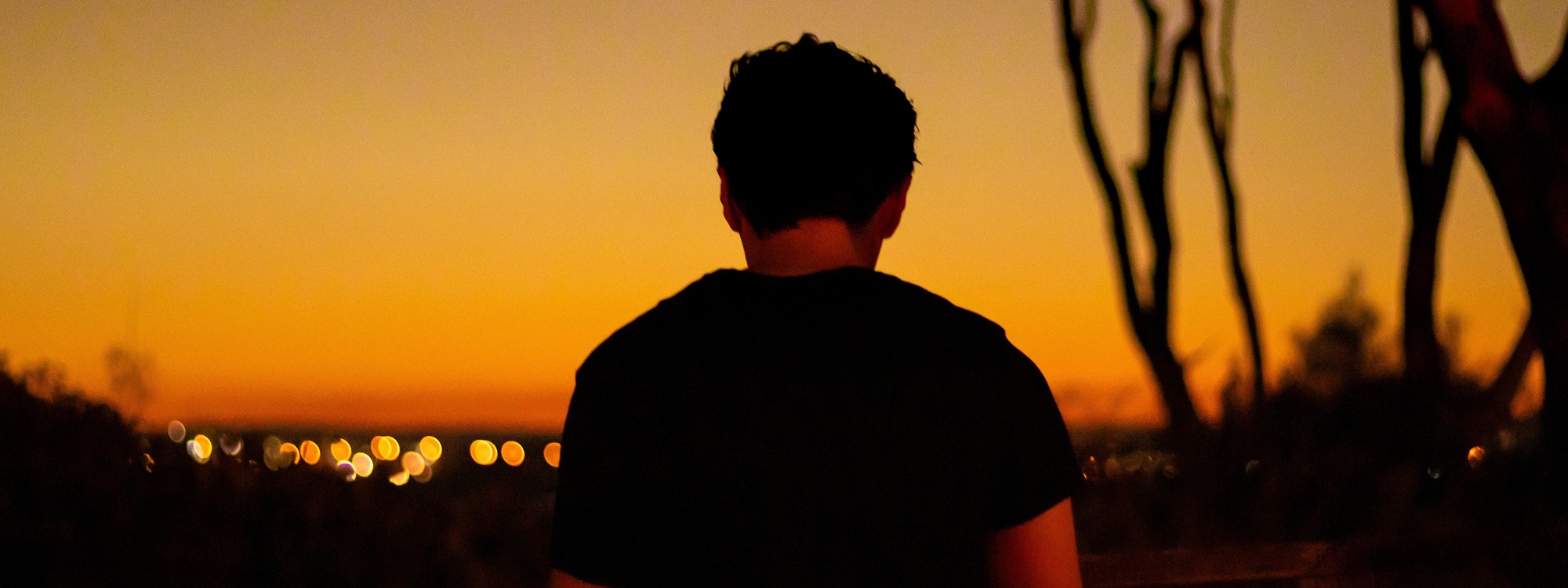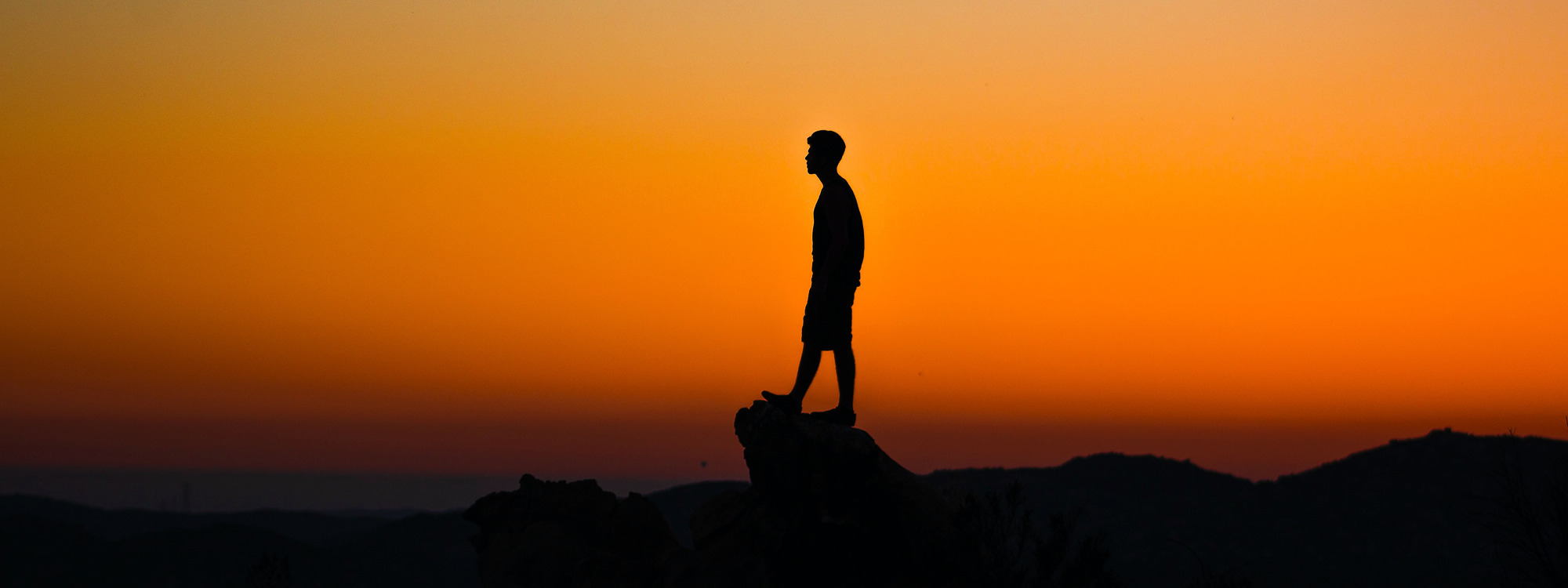| |
I found Michael Seto's 2013 book "Internet Sex Offenders" fascinating, and it contains the answers to many questions I've had about CP.The book contained references to people I'd never thought about before. For instance, men who seek out minors online for sexual chat but just for online gratification, with no intent to meet them in real life. People who collect porn (including CP) not because it's of interest to them, but because they might be able to trade it for other material they do want. People who spend a great deal of effort trying to get complete collections of a particular series. People (lots!) who take candid shots in public for the "upskirt" genre.
In 2010, the US Department of Justice found 20 million unique IP addresses involved in downloading the 120,000 to 170,000 known CP files on their watch list, about half in the US. There may be multiple IP addresses per person, but there's a lot of CP moving around and a lot of people involved.
In the vast majority of CP, the children are smiling or at worst looking indifferent. Very few images show clear suffering, and very few pedophiles want such material.
The police have far more CP-possession cases than they have resources to follow up on. So they naturally focus on producers and on those with the most abusive images. The legality of manga, nudist pictures, and girls in skimpy clothing and suggestive poses may be unclear, but if that's the worst you have, it seems unlikely the police will go after you in the normal course of their work.
Police also take some pains to make sure you really are a pedophile before they prosecute. For instance, if CP is included in some 10,000-image download, they look forensically to see if you actually looked at the CP, whether you looked at it repeatedly, whether you organized it into its own folders, etc. They also look to see whether it's a small part of a collection. If you have similar amounts of other genres of extreme porn, then you're less likely to be prosecuted.
On the one hand, I'm glad that only people who are intending to look for CP are likely to be prosecuted. It's unfair to prosecute people who didn't know they were doing anything wrong. On the other hand, it confirms that pedophilia is a thought crime. Society may not be able to prosecute you for thoughts, but they make a broad swath of material illegal, then use their discretion to only prosecute the illegal material if you also have unacceptable thoughts.
Of mainstream porn viewers, 18% admit to having seen CP, though it doesn't mean they sought it out. Of all men, 2-4% have sought CP out but that doesn't necessarily mean they were aroused by it.
Pay attention to this! Only 1/4 of CP producers distribute the content they produce. The others just have it for their later erotic use or for their person collection. This seriously undercuts the argument for making CP possession illegal because it creates a market for more material. It looks like even if 100% of internet traffic in CP was eliminated, a minimum of 3/4 of the recorded abuse would still be happening. And of course only a small fraction of sexual abuse is recorded.
A few notes on online solicitation:
One large study found no cases at all of any child under the age of 12 being solicited online. Only 5% of adult offenders pretended to be a teenage themselves. A minority did pretend to be younger than they actually were, but they still admitted being an adult... they might have exaggerated or lied about their interest in long-term romance or lied about their physical appearance or social or relationship status, but they didn't lie about their intentions. 73% had repeat encounters. Conclusion: Making it illegal for men to meet them may make sense, but the girls they are meeting knew what they were getting into.
He suggests a sleazy motive for police officers in some places impersonating young teens online and luring men to meet for sex. Since child sex abuse is down dramatically, these officers need something to do, and these cases have high conviction rates to justify their jobs.
| |




 real cp
real cp truly universal suffrage: lowering the voting age to zero
truly universal suffrage: lowering the voting age to zero the twitter pedophile debate
the twitter pedophile debate